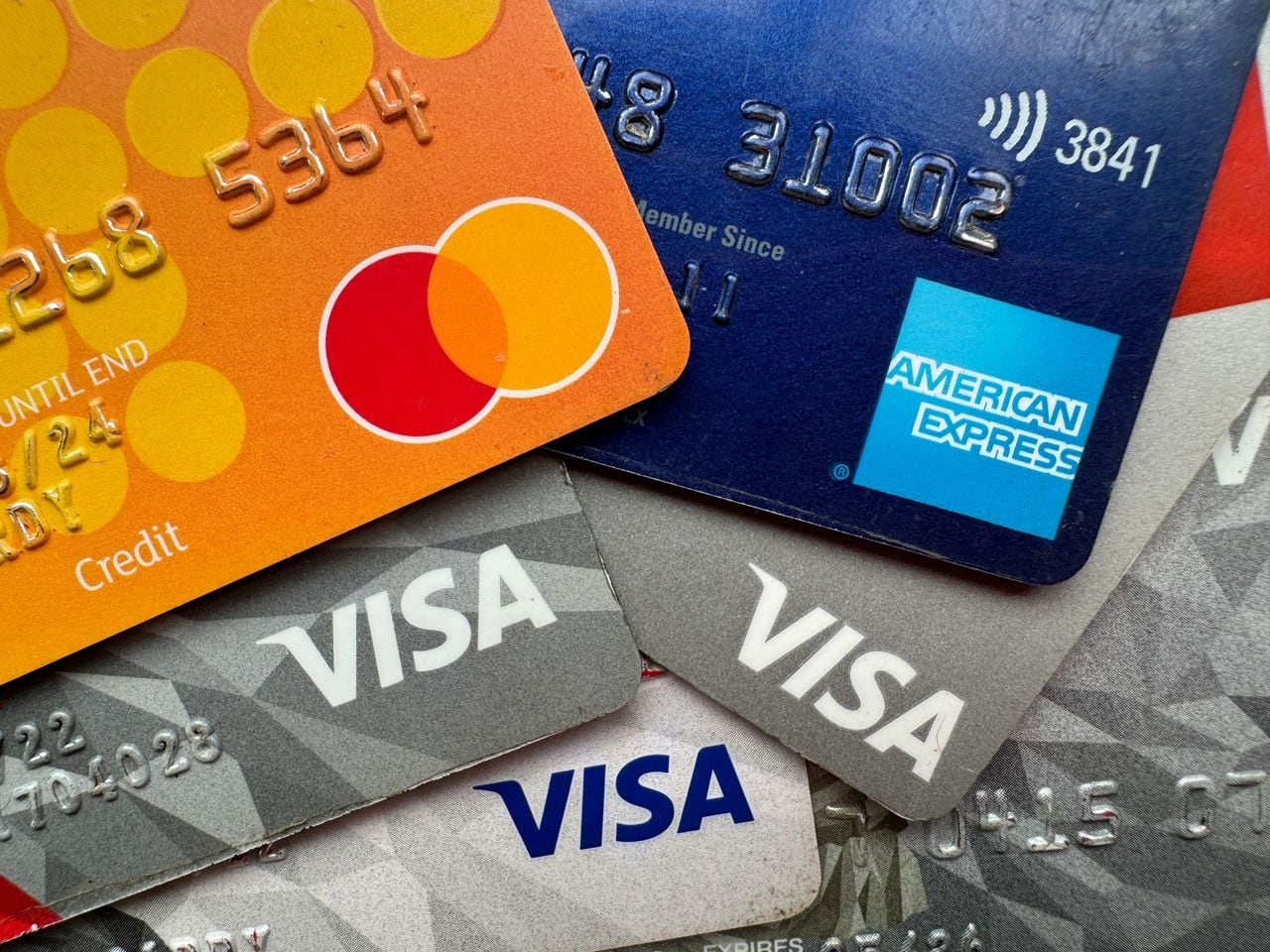Credit card late fees capped at $8 under new Biden rule
A new rule from the Biden administration means credit card holders will soon see a dramatic drop in late fees.
The Consumer Financial Protection Bureau finalized a rule Tuesday that will cut late fees charged by credit card companies from an average of $32 to a maximum of $8.
The change, according to CFPB, will save cardholders some $14 billion a year or an average of $220 per year for the more than 45 million people who are charged late fees.
“For over a decade, credit card giants have been exploiting a loophole to harvest billions of dollars in junk fees from American consumers,” CFPB Director Rohit Chopra said in a statement. “(The) rule ends the era of big credit card companies hiding behind the excuse of inflation when they hike fees on borrowers and boost their own bottom lines.”
The rule has no impact on the credit card issuer’s ability to raise interest rates, reduce credit lines or take other actions involving late fees, CFPB said. It’s being opposed, however, by trade groups and others that said the change essentially punishes people who pay their bills on time.
“Once again, the Consumer Financial Protection Bureau has exceeded its authority. The agency’s final credit card late fee rule punishes Americans who pay their credit card bills on time by forcing them to pay for those who don’t,” U.S. Chamber of Commerce Executive Vice President, Chief Policy Officer and Head of Strategic Advocacy Neil Bradley said in a statement.
“This will result in fewer card offerings and limit access to affordable credit for many consumers. The chamber will be filing a lawsuit against the agency imminently to prevent this misguided and harmful rule from going into effect,” they added.
The new rule will apply to all credit card issuers who have more than 1 million accounts, accounting for more than 95% of all outstanding credit card balances. Currently, banks can charge $25 for the first late payment and $35 for subsequent late payments and can adjust those amounts each year for inflation. Under the new rule, the maximum fee for each incident will be $8 with no automatic annual change for inflation.
Also, in the event card issuers do charge more, they must prove the higher fee is necessary to cover actual collection costs.
The rule will go into effect in about 60 days.
